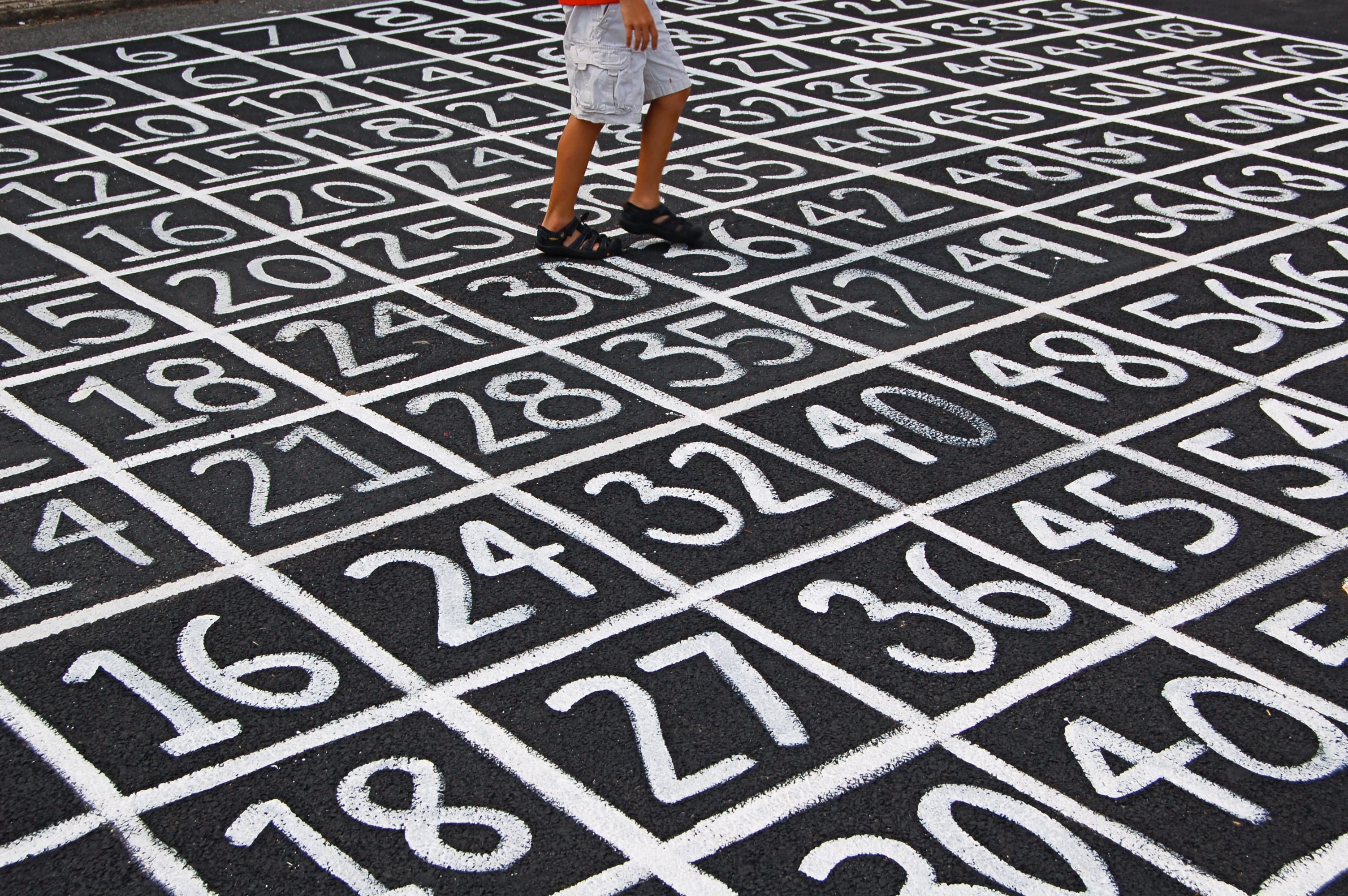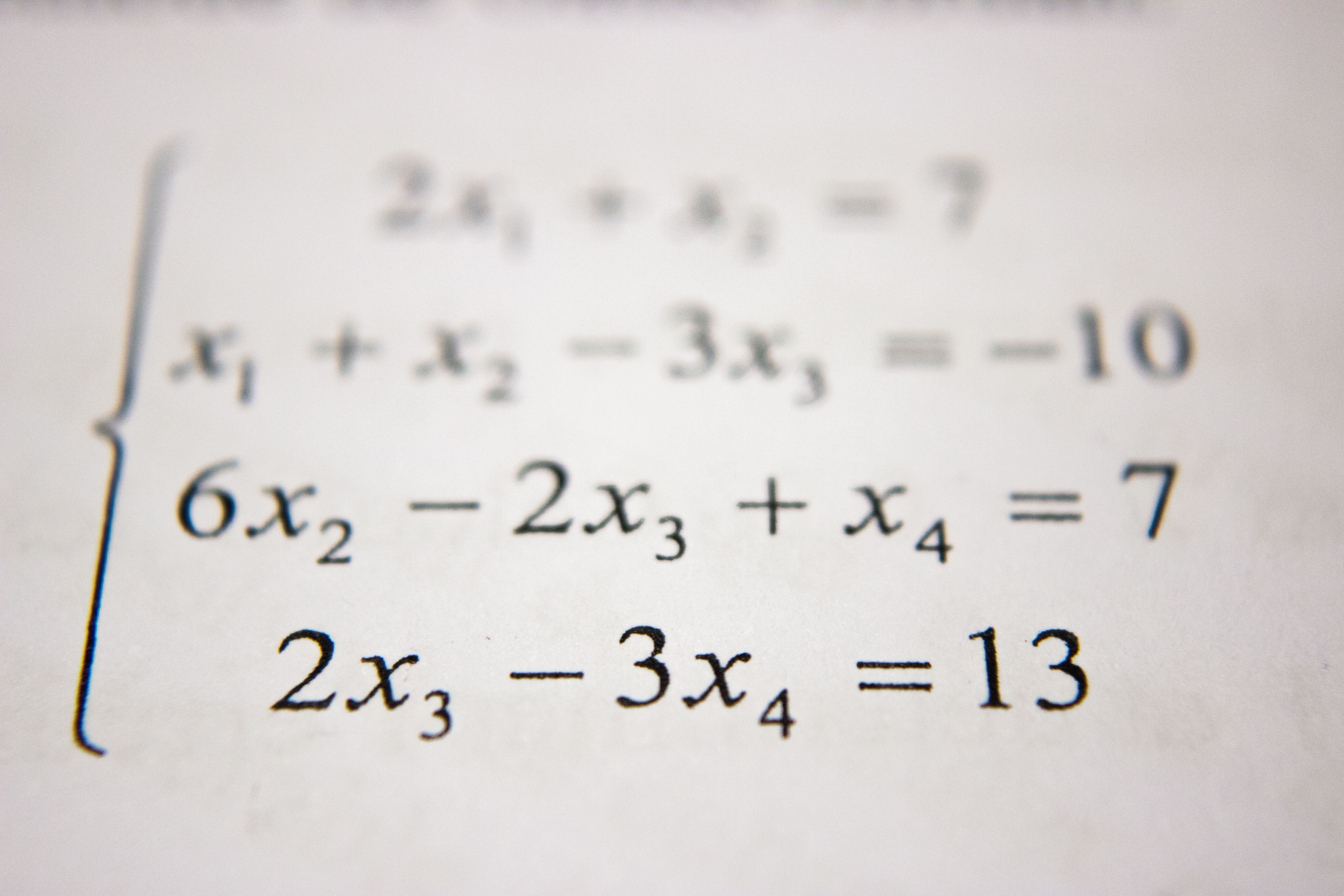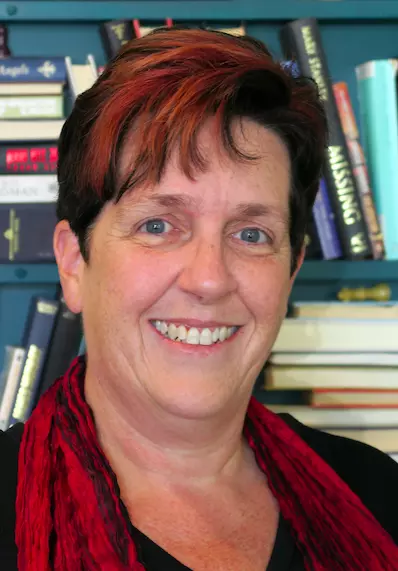If you live in Victoria and are currently a student in high school, or have a child who is at school, then you are probably more than a little aware of the Victorian Certificate of Education (VCE). You will know that the better your VCE score, the more chance you have of getting in to your desired university degree. You will also know there are specific requirements (such as the types of subjects and the number of units completed) to be met to qualify for a VCE.
These requirements are set and monitored by the Victorian Curriculum and Assessment Authority (VCAA). The VCAA reports to the Minister for Education and is responsible for both the government and non-government school systems. They develop and implement curriculum and assessment for:
- the Early Years Framework (birth to 8 years of age)
- Victorian F-10 curriculum and assessment
- Vocational Education and Training (VET) programs
- Victorian Certificate of Applied Learning (VCAL)
- VCE Vocational Major
- VCE.
This article focuses primarily on the VCE, specifically on VCE Further Maths.
Currently, the only subject that is a mandatory requirement for the award of a VCE is English. Students must complete 16 units in total with at least 3 units from the English subject group, two of which must be a Unit 3 and 4 sequence. Out of the remaining 13 units, at least 3 must be Unit 3 and 4 sequences (in any subject).
However, while English is the only mandatory subject, most students will elect to take units in mathematics as a good foundation in maths is useful in a wide range of careers and further study, such as science, engineering, information technology and the humanities.
What is VCE VM?
The VCE Vocational Major is a very new vocational and applied learning program that falls within the VCE. Its study design caters for students who want to apply for apprenticeships or traineeships, go on to further study at a TAFE institution or move directly into the workforce. The requirements for a VCE VM are more structured and involve:
- 3 English units
- 2 units of maths
- 2 VM work related skills units
- 2 personal development skills units
- 2 VET credits at Certificate II level or higher.
Many students undertaking the VCE VM will want to study Further Mathematics for its practical application component.
Check out where you can search for the most effective maths tutor in Townsville here.


Who Should be Studying Further Maths?
There are five general streams of maths offered as part of the Year 11 and Year 12 curriculum — Foundation Mathematics, General Mathematics, Mathematical Methods, Specialist Mathematics and Further Mathematics.
Of the five, VCE Further Maths has the most general application to the maths of everyday life. The Further Mathematics Study Design prepares students for further study or employment, particularly where data analysis and statistics play key roles. This is why Further Mathematics is an excellent choice both for VCE students who intend to move on to university, as well as students who have opted for the Vocational Major.
Get to know the best maths tutoring near me in Australia here.
What is the Subject Content in Further Maths?
The important thing to realise is that Further Mathematics comprises Unit 3 and Unit 4 of the VCE program. To enrol in these units, students need to have completed the prerequisite studies — either Unit 1 and Unit 2 in General Mathematics, or the first two units of Mathematics Methods (although this may require some supplementary learning to be undertaken, easily achieved with the help of tutors).
The Further Mathematics study design is widely accessible and comprises non-calculus based content in the core components in Unit 3 (area of study 1), plus four modules, of which two are selected for Unit 4 (area of study 2).
Area of study 1
Unit 3 consists of the two core components of 'data analysis' and 'recursion and financial modelling'.
In the data analysis component, students will be:
- investigating data distributions
- investigating relations between two variables, including being able to answer statistical questions
- investigating and modelling linear relations, including the use of equations in transformed data
- investigating and modelling time series data, including the use of graphs.
The recursion and financial modelling component teaches students how to use linear recurrence relations and technology for the modelling, analysis and problem solving of a range of
financial situations. Students will investigate:
- depreciation of assets
- compound interest
- balance loan reduction
- annuities and perpetuities
- compound interest investment.
Technology is a key feature in all stages of this component and is used for analysis (numbers and graphs) and problem-solving solutions.
This where you can search for maths tutors near me in Perth on superprof

Area of study 2
Unit 4 has the focus of an application. Each student must select two of the four available modules to complete the unit requirements.
- Module 1: matrices
The study of matrices involves definitions, types of matrices, matrix operations and the use of linear matrix recurrence relations for modelling a range of situations and problem-solving.
- Module 2: networks and decision mathematics
In this module, students investigate types of directed and undirected graphs, eulerian trails and circuits, and hamiltonian paths and cycles. They also learn how to use networks for modelling problem-solving solutions.
- Module 3: geometry and measurement
Students use geometry, measurement and trigonometry concepts to formulate and find solutions to problems involving angles, length, area and volume. Activities include solving the surface area and volume of objects and their composites, using trigonometry and Pythagoras' theorem in two and three dimensions, and identifying time zones and calculating travel time.
- Module 4: graphs and relations
This module covers the use of linear and non-linear relations to model and solves problems, the construction and interpretation of graphs and linear programming.
Assessment
The Further Mathematics Study Design framework outlines the recommended assessment tasks for the school-based coursework component of these units. The VCAA states that school-based assessment tasks should not add to student workload and should largely be completed during class time. Assessment tasks may be in-class or homework projects or in-class exams and must either be an 'application task', a 'modelling' task or a 'problem solving' task.
The other component of the assessment is the end-0f-year examination period. There are two exams: a multiple-choice exam and a written response exam. These examinations test student understanding of key concepts and their ability to apply them in practical situations.
To assist with revision for the examinations, the VCAA make sample exams and other resources available for students, teachers and tutors to access.

School teachers are tasked with ensuring each student has an adequate opportunity to demonstrate proficiency in each of the three essential outcomes:
- to define and explain key concepts and apply relevant mathematical techniques
- to select and apply the mathematical concepts, models and techniques in a range of contexts of increasing complexity
- to select and accurately use a range of technology functions (numbers, graphs, statistics and symbolism) to develop mathematical ideas, produce results and carry out the analysis.
What are the Advantages of Having a Further Maths Tutor?
At some point in your school career, you are likely to need help with some aspect of your education. This is particularly true of Year 11 and Year 12, where the pressure to perform well is high in order to secure your future.
If you find you are struggling with your maths studies, it is best if you engage a Further Maths tutor sooner rather than later. If the problems are caught and solutions found early, the rest of your study time should flow smoothly. Conversely, if you allow the problems to build, they will take longer, and be more difficult, to solve.
Maths tutors are easy to find.
Tutoring agencies tend to mainly offer maths, English and science tuition for primary and high school students up to Year 12. Tutoring agencies in Victoria will advertise that they specialise in VCE maths, so you should look for these ones.
Alternatively, you may prefer to find a private tutor, such as those who advertise their services through the Superprof platform. Superprof tutors list their specialisations on their profiles, making it easy to find tutors with experience in the Further Maths framework.
Either way, a Further Maths tutor can assist you in any of the following ways:
- filling gaps in your knowledge of specific maths concepts, in preparation to commence the Further Maths units
- providing consolidation work for concepts you find confusing or difficult
- giving practice with practical application of learned concepts or technology use
- helping with time management skills or general study and revision skills
- preparing for assessments and examinations, including exam techniques.
Effective maths tutors will tailor their lessons to your level. They explain (and re-explain) concepts until you understand. They work with you to help you achieve your goals. They modify their teaching style to suit your learning style.
Above all, the best maths tutors give their students the confidence to believe they can succeed in maths.
And you will.
Summarise with AI:
















